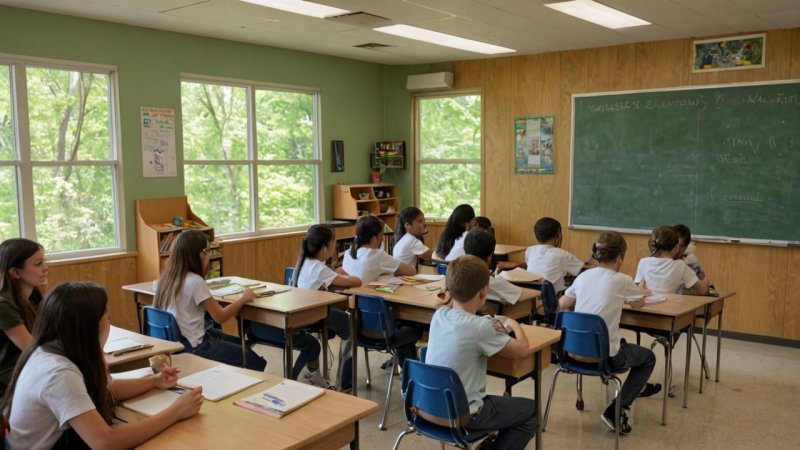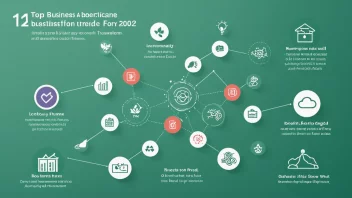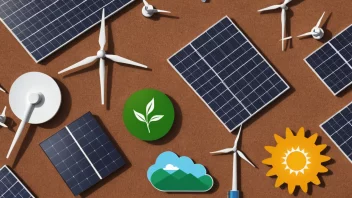In an age where environmental challenges loom large, the role of education in promoting sustainability has become increasingly vital. Education equips individuals with the knowledge and skills necessary to address complex environmental issues, fostering a generation that is informed and proactive about sustainability.
One of the primary ways education promotes sustainability is through raising awareness. Educational institutions, from primary schools to universities, are integrating sustainability into their curricula. This not only informs students about climate change, resource depletion, and biodiversity loss but also encourages them to think critically about these issues. For instance, programs that focus on environmental science help students understand the interconnectedness of ecosystems and human activities.
Moreover, education empowers individuals to take action. By learning about sustainable practices, students can implement changes in their own lives and communities. Schools that adopt green initiatives, such as recycling programs and energy conservation measures, serve as practical examples of sustainability in action. These initiatives not only reduce the environmental footprint of educational institutions but also inspire students to adopt similar practices in their homes.
Higher education institutions are also playing a crucial role in promoting sustainability through research and innovation. Universities are often at the forefront of developing new technologies and strategies to combat environmental issues. For example, research in renewable energy sources, sustainable agriculture, and waste management has led to significant advancements that can mitigate climate change. By fostering a culture of research, universities not only contribute to scientific knowledge but also prepare students to become future leaders in sustainability.
Furthermore, education fosters a sense of responsibility towards the environment. Programs that emphasize ethical considerations in business and social practices encourage students to think about the long-term impacts of their decisions. This is particularly important in fields such as business and economics, where understanding the balance between profit and sustainability is crucial for future leaders. By instilling values of sustainability early on, education can shape the mindset of individuals who will influence policies and practices in various sectors.
Collaboration between educational institutions and communities is another effective approach to promoting sustainability. Partnerships that engage students in local environmental projects not only enhance learning but also provide tangible benefits to the community. For instance, students involved in community gardens or conservation efforts gain hands-on experience while contributing positively to their surroundings.
In conclusion, the role of education in promoting sustainability cannot be overstated. By raising awareness, empowering individuals, fostering research, instilling responsibility, and encouraging community engagement, education lays the groundwork for a more sustainable future. As we face pressing environmental challenges, it is imperative that we continue to prioritize sustainability in education, ensuring that future generations are equipped to create a healthier planet.






